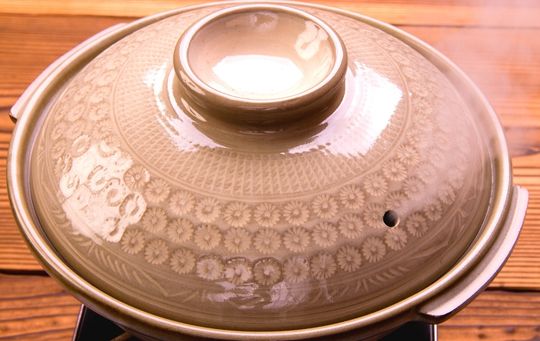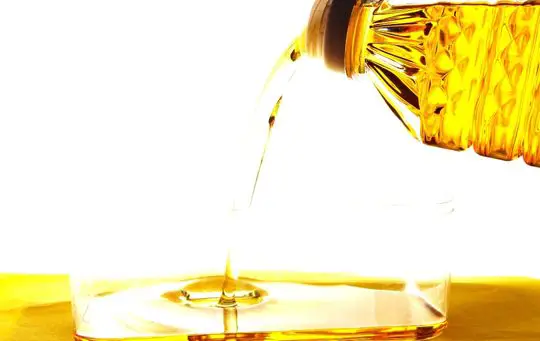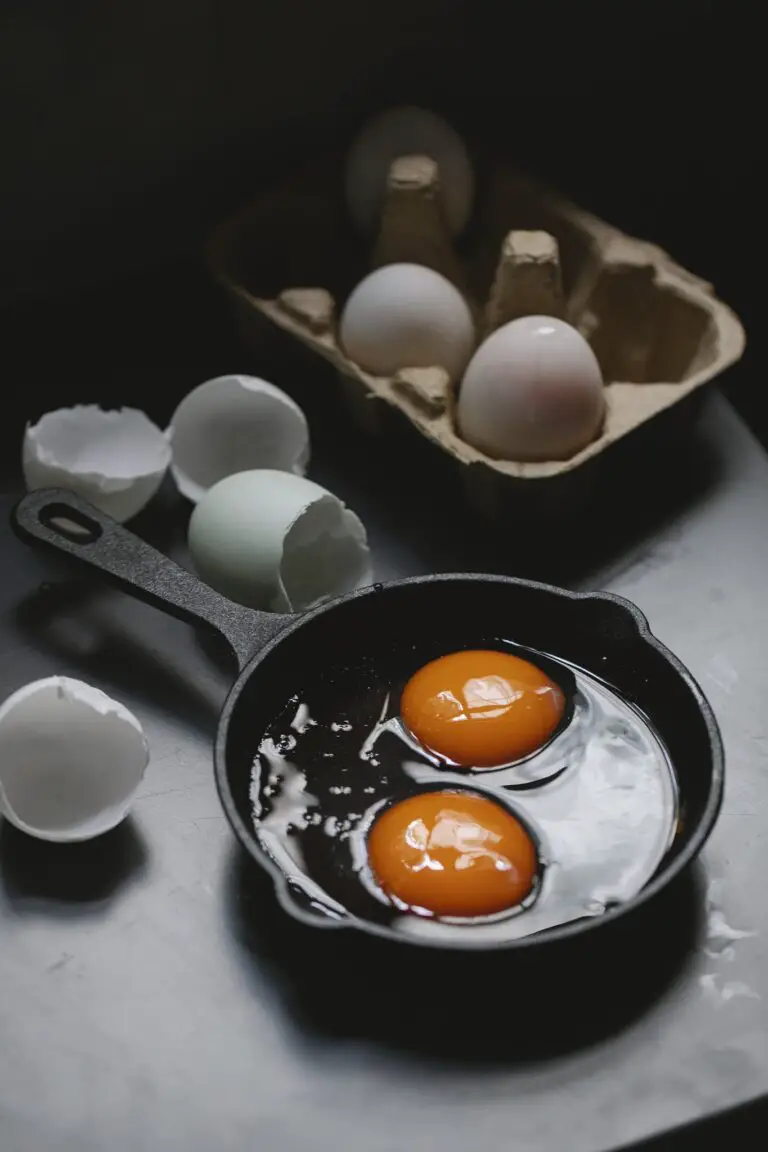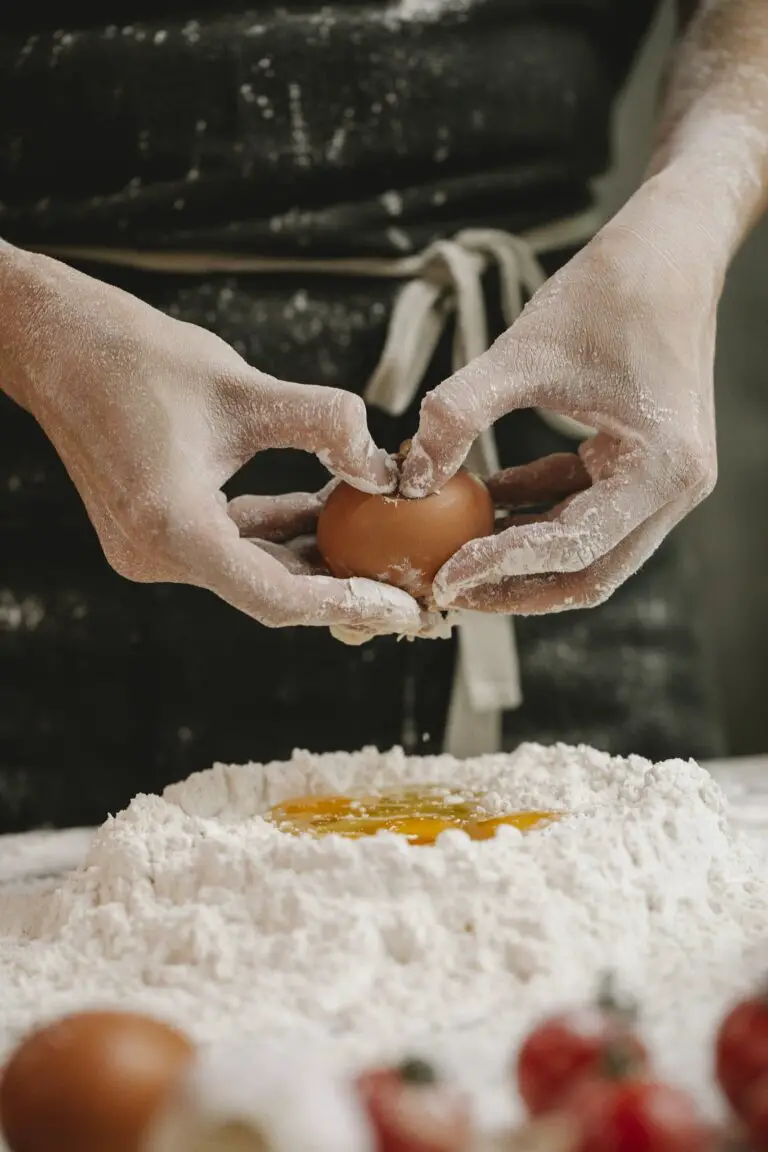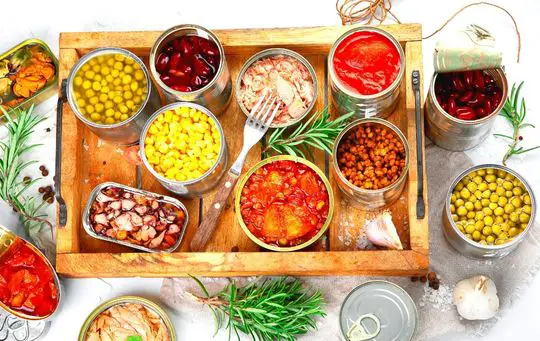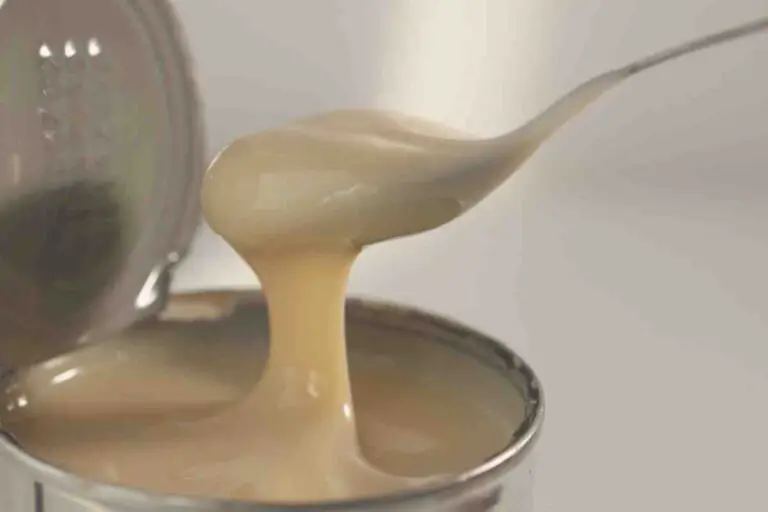Singapore and Malaysia share a border, making it easy for travelers to cross back and forth between these neighboring countries. One of the joys of traveling is experiencing the local cuisine, and Malaysia offers a rich and diverse culinary landscape.
Bringing cooked food into Singapore from Malaysia is subject to specific regulations aimed at ensuring food safety and hygiene standards. Travelers are allowed to bring cooked food for personal consumption, but it must be declared at the customs checkpoint.
Aspects Of Bringing Cooked Food into Singapore from Malaysia
| Aspect | Bringing Cooked Food into Singapore from Malaysia |
|---|---|
| Regulatory Control | There are regulations governing the import of cooked food to ensure food safety and hygiene standards. |
| Declaration Requirement | Travelers must declare any cooked food they are bringing at the customs checkpoint upon entry. |
| Personal Consumption | Cooked food can be brought for personal consumption but not for resale or commercial purposes. |
| Packaging and Labeling | Cooked food should be properly packaged and labeled, complying with Singapore’s import guidelines. |
| Consequences of Non-Compliance | Failure to declare or non-compliance with regulations may result in confiscation or legal consequences. |
Bringing cooked food into Singapore from Malaysia for personal consumption is allowed, but strict adherence to regulations, including declaration, proper packaging, and compliance with import guidelines.
Key Takeaways
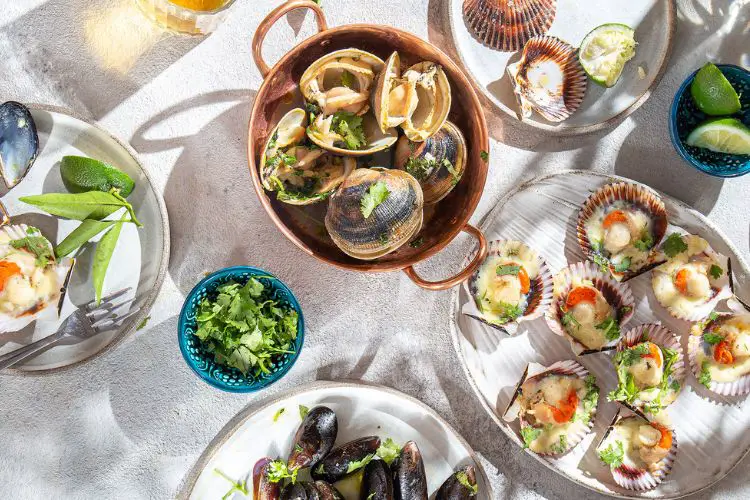
Understanding Singapore’s Food Import Regulations
Singapore is known for its strict regulations on food imports, and these rules are in place for several important reasons:
- Food Safety: The primary objective is to safeguard public health by ensuring that all food consumed in Singapore is safe for consumption.
- Disease Control: Import regulations help prevent the introduction of diseases or pests that may not exist in Singapore, protecting local agriculture and ecosystems.
- Environmental Preservation: Singapore is deeply committed to preserving its natural environment. Restrictions are in place to prevent the import of items that could harm local flora and fauna.
- Supporting Local Agriculture: The government encourages self-sufficiency in food production and, therefore, limits the import of certain agricultural products that can be produced locally.
With these reasons in mind, let’s explore the rules related to bringing cooked food into Singapore from Malaysia.
What You Need to Know About Bringing Cooked Food into Singapore
While the regulations regarding bringing cooked food into Singapore are not as stringent as those for raw or unprocessed food items, there are still some important considerations to keep in mind:
1. Small Quantities for Personal Consumption
The Agri-Food & Veterinary Authority of Singapore (AVA) generally permits travelers to bring small quantities of cooked food for personal consumption.
This means that you can pack some of your favorite Malaysian dishes to enjoy during your stay in Singapore.
2. Declare Your Cooked Food
When you arrive in Singapore, you should declare any cooked food items you’re bringing with you to the customs officers. This is a crucial step, as failing to declare these items could result in penalties or confiscation.
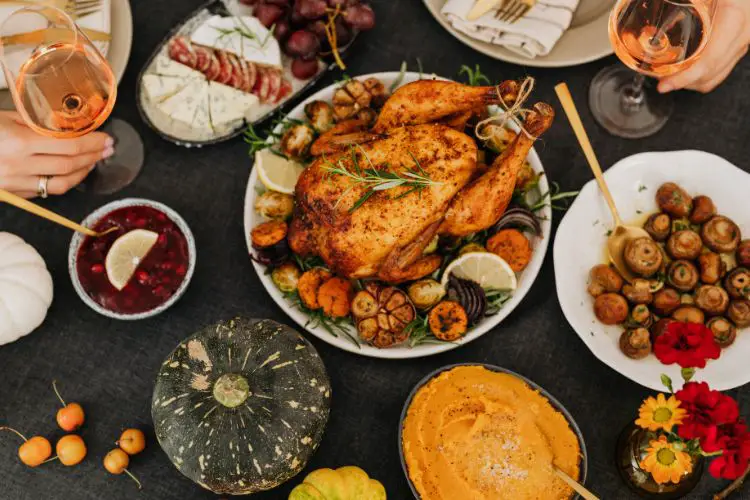
3. Check Specific Restrictions
While cooked food, in general, is allowed, there are some specific restrictions you should be aware of:
- Poultry: Cooked poultry, such as chicken or duck, is subject to restrictions. It must be boneless and fully cooked.
- Eggs: Cooked eggs are allowed, but they should be hard-boiled.
- Seafood: Cooked seafood is generally permitted, but you should avoid bringing in raw or uncooked seafood, including sashimi.
- Pork: Cooked pork is allowed, but it must be fully cooked and boneless.
4. Commercial Quantities Require a License
If you plan to bring cooked food into Singapore in commercial quantities for sale or distribution, you will need to obtain a license from the AVA.
This applies to businesses and vendors rather than individual travelers.
5. Food from Approved Sources
To ensure food safety, it’s advisable to source your cooked food from reputable and approved establishments in Malaysia.
Avoid buying from unregulated or street vendors, as the safety and hygiene standards may not meet Singapore’s requirements.
6. Package Carefully
When bringing cooked food, it’s essential to package it securely to prevent spillage or contamination during transit. Use airtight containers or food-grade packaging to maintain the freshness of the food.
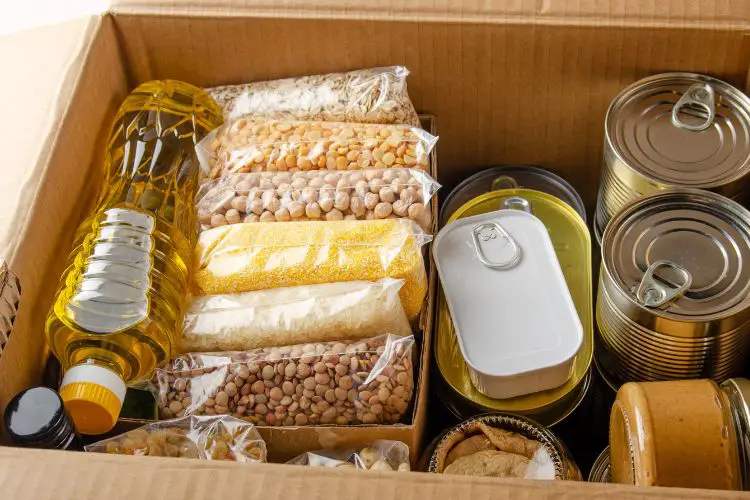
Conclusion
Bringing cooked food into Singapore from Malaysia is possible and can add an extra layer of enjoyment to your travel experience.
By understanding and adhering to the regulations outlined by the Agri-Food and Veterinary Authority of Singapore, you can ensure that your culinary souvenirs from Malaysia arrive safely and are ready to be savored during your stay in Singapore.
Just remember to declare your items, follow the specific restrictions, and source your food from approved establishments to make the most of your cross-border culinary adventure.

